Togo
A recent audit by the International Organization of La Francophonie (OIF) has declared Togo's electoral register "reliable" in preparation for the upcoming legislative and regional elections. The audit, conducted by three experts in Lomé from October 20 to 27, 2023, aimed to assess the transparency and accuracy of the electoral register.
Togo, a West African nation led by President Faure Gnassingbé since 2005, is gearing up for crucial elections that have heightened political tensions. The ruling party, Union for the Republic, faces a challenge from a mobilized opposition.
While the exact date for the elections remains unspecified, President Faure Gnassingbé hinted at their occurrence this year during the New Year's wishes on December 31. The country has witnessed political stability and continuity since Faure Gnassingbé succeeded his father, General Eyadéma Gnassingbé, who governed for 38 years with an authoritative grip.
The audit, initiated at the request of Togolese authorities, adopted a collaborative approach involving the electoral commission, OIF experts, representatives of major political parties, and Togolese civil society. The findings, presented during a press conference by Désiré Nyaruhirira, special adviser to the Secretary of La Francophonie, concluded that the electoral register is sufficiently reliable to facilitate the upcoming elections under conditions of trust.
"Experts conducted their activities independently, conducting a rigorous and objective analysis of the legal and operational framework, the technical and computer framework, and the electoral demography in Togo," Nyaruhirira stated.
The audit report was officially handed over to Dago Yabré, the president of the National Independent Electoral Commission (CENI). This development is significant as the Togolese opposition has historically contested the electoral register in the lead-up to elections.
In 2015, the OIF dispatched a mission of experts to Lomé to assist the electoral commission amid strong opposition contestation. The opposition had also boycotted the legislative elections in 2018, citing "irregularities" and urging supporters not to register on the electoral lists.
This time, opposition leaders have strategically mobilized their supporters during the recent census held from April 29 to June 14, 2023. The active participation resulted in a notable turnout at voter card distribution centers across the country.
Brigitte Adjamagbo-Johnson, coordinator of the Dynamic for the Majority of the People (DMP), a coalition of opposition political parties and civil society organizations, emphasized the importance of the operation. "It's a crucial operation for us, with the aim of having a reliable electoral register and registering the maximum number of eligible voters," she expressed to AFP on April 29.
As Togo awaits the scheduled elections, the OIF's endorsement of the electoral register's reliability adds a layer of confidence to the electoral process, setting the stage for a closely watched political contest in the West African nation.




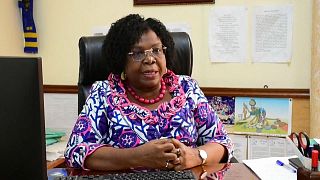
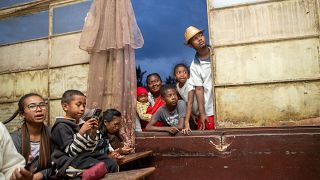
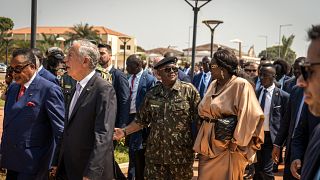
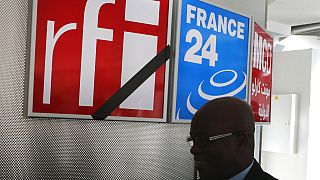
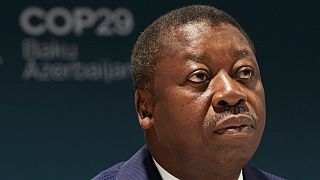
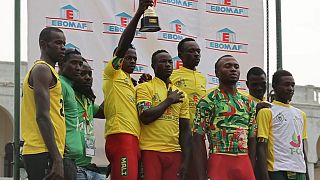



00:29
At least 7 people killed during recent anti-government protests in Togo
Go to video
Protesters gather in Ivory Coast, demand Thiam's return on electoral list
02:13
Cameroon: Police, opposition supporters clash as election looms
01:25
Burundi awaits results of local and parliamentary elections
11:18
EU invests in Douala–N’Djamena corridor as it shifts from donor to investor in Africa
Go to video
Chad detains former prime minister Masra after deadly clashes